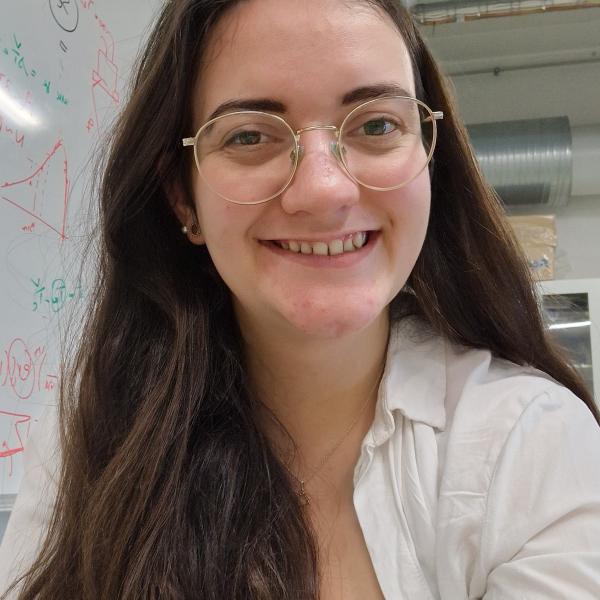Heidi Nielsen

Heidi Nielsen
PhD Student
Alumni
Sustainable energy extends beyond the mere production of energy; it lies equally in the efficient utilization of that energy within our built environments while ensuring a comfort and healthy spaces.
In academia, the exchange of ideas and interdisciplinary collaboration is paramount. I believe in the power of collaboration to generate innovative solutions within our respective fields. A previous teacher once told me to surround me with people smarter than me in the topics that I want to learn. Combined with a natural curiosity this philosophy propelled me towards seeking out the guidance of esteemed scholars and mentors, shaping my academic journey into one characterized by continual growth and learning. I find it extremely motivating to be amongst people deep in research and how they seek to understand the world around us, while also digging into details.
